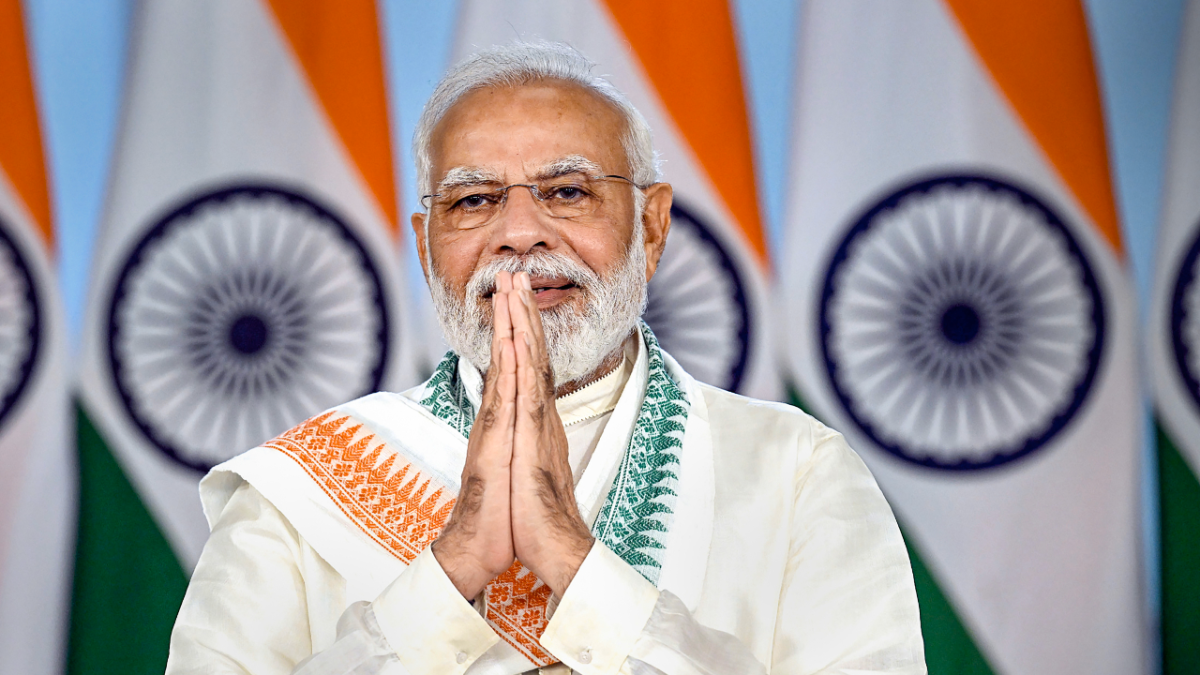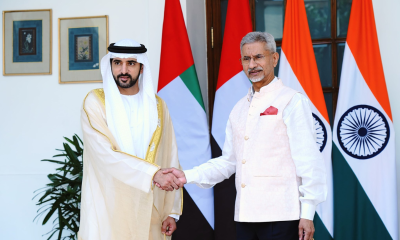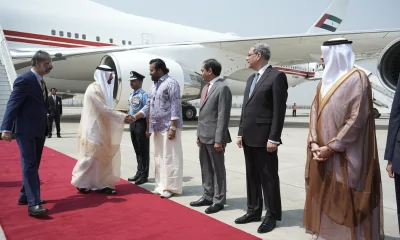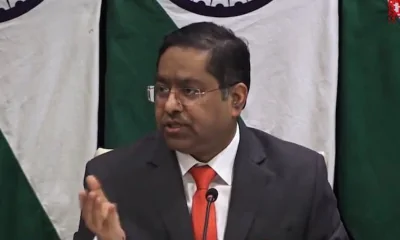The Bharatiya Janata Party (BJP), ruling party in India, has once again put forward its agenda for implementing a Uniform Civil Code (UCC). While the idea of a common civil code for all citizens may seem inclusive, it is essentially critical to analyze the motives behind this push and the potential consequences it may have on India’s social fabric .
Unfortunately, the BJP’s pursuit for a UCC appears to be a calculated move to polarize the diverse Indian populace along religious lines, threatening the nation’s unity and harmony. This has raised concerns among political analysts, who argue that the party is using it as a tool to deepen religious divides in India.
By emphasizing the need for a uniform code, the BJP is seen as catering to its conservative Hindu voter base, who view this as an opportunity to assert their dominance over the nation’s secular values. The polarizing rhetoric surrounding the UCC further fuels tensions between religious communities, leading to heightened societal divisions.
Divisive Politics and Religion
India is a diverse country with multiple religions, each having its unique set of personal laws governing issues like marriage, divorce, inheritance, and adoption. The proposed UCC aims to replace these separate personal laws with a single set of laws applicable to all citizens. While proponents argue that this will promote gender equality and provide a common ground for legal matters, opponents fear that it might undermine the religious and cultural rights of minority communities.
The BJP’s relentless push for the UCC is seen as an attempt to appease its Hindu nationalist voter base, raising concerns about the party’s commitment to secularism and its willingness to uphold the principles of a pluralistic society. Instead of fostering unity, the UCC proposal has sparked tensions and further deepened religious fault lines in India.
Challenges and Hurdles
Beyond the divisive politics, the implementation of a Uniform Civil Code faces numerous practical and legal challenges. India’s diverse social fabric makes it challenging to arrive at a consensus on sensitive issues governed by religious beliefs. For instance, matters like personal laws related to marriage, divorce, and inheritance are deeply rooted in religious traditions and customs, and changing them could be met with strong resistance from various religious groups.
The Constitution of India grants its citizens the right to follow their own religion and the freedom to maintain their distinct personal laws. Any attempt to introduce a UCC could potentially be seen as a violation of these fundamental rights and result in legal challenges that might delay or obstruct the process.
Furthermore, political opposition from parties representing minority communities could hinder the passage of any legislation related to the UCC. India’s parliamentary system necessitates building broad consensus on significant policy matters, making it difficult for the BJP to push through the UCC without substantial support from other parties.
Potential Implications
Prominent political analysts have weighed in on the BJP’s push for a UCC, expressing concern about its motives and potential implications. They argue that the party’s emphasis on the UCC is part of a larger strategy to consolidate Hindu votes by stoking religious sentiments. By framing the UCC as a measure to bring uniformity and progress, the BJP deflects attention from more pressing issues facing the nation, such as economic inequality and social development.
ALSO READ: Iran-backed Houthis implement gender segregation at Sanaa university college
The BJP’s persistent pursuit of a Uniform Civil Code in 2023 raises red flags about its motives and intentions. Instead of fostering unity and inclusivity, the party’s focus on the UCC appears to be a calculated attempt to polarize the nation along religious lines, undermining the secular values that India has cherished for decades. Moreover, the practical challenges and legal hurdles in implementing the UCC highlight the need for careful consideration and genuine dialogue with all stakeholders.
As responsible citizens, it is essential to recognize the potential consequences of divisive politics and stand united in preserving India’s rich cultural diversity and harmony






















